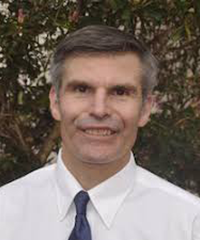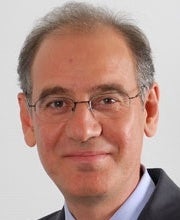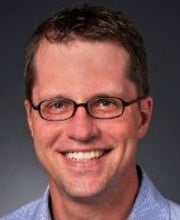The Global Health Delivery Project
Our mission is to improve the health of people everywhere by supporting clinicians at the frontlines to make better decisions and deliver value-based health care using proven approaches and evidence.
Follow
Location
Brigham and Women’s Hospital
Division of Global Health Equity
75 Francis Street
Boston, MA 02115
Faculty
GHDI Faculty Directors


GHDI Faculty


GHDI Guest Faculty
GHD guest faculty are core members of the GHDI program, providing expertise in key areas of global health delivery. Their professional roles include clinical providers, managers, technocrats, policymakers, engineers, faculty members, among many others. We are honored to have welcomed the following guest faculty members since GHDI’s inception in 2008.













